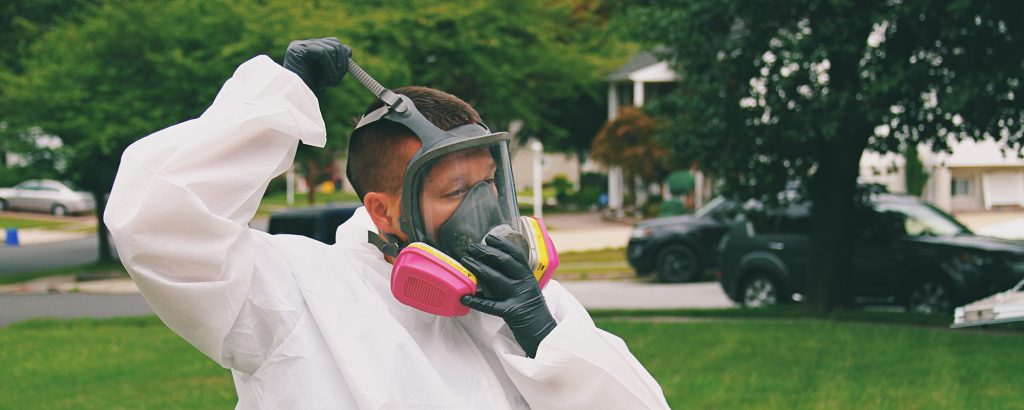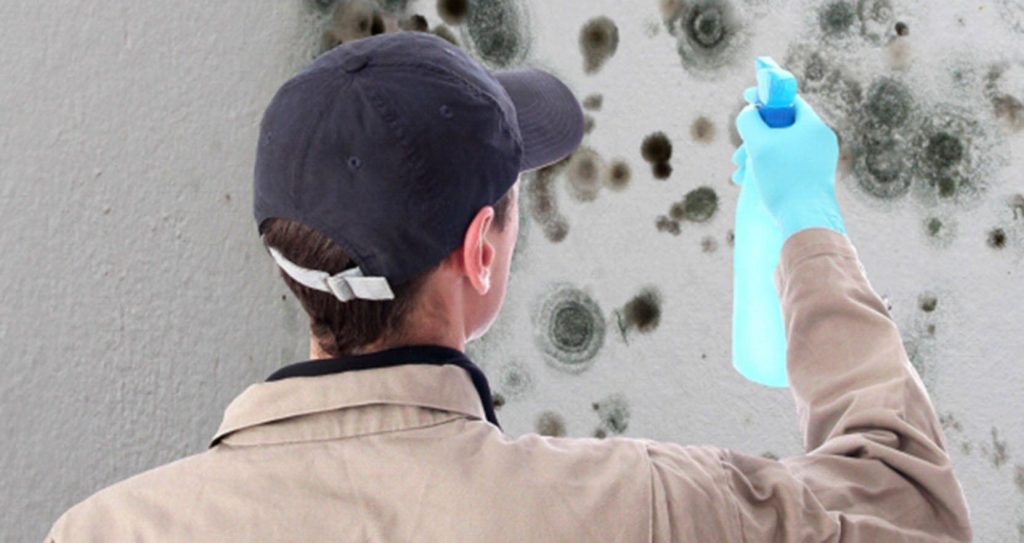Mold can be a persistent and potentially harmful problem in homes, and addressing it promptly and effectively is essential. If you’re dealing with mold issues in your New Jersey home, you’re not alone. The humid climate in the region makes it conducive for mold growth, but there are expert tips and techniques you can employ to tackle the problem effectively, including professional mold remediation New Jersey. In this guide, we’ll provide you with valuable insights and expert advice on mold remediation in New Jersey.
Identify the Source of Moisture
Before you start the mold removal process, it’s crucial to identify and eliminate the source of moisture that is causing the mold to thrive. Mold needs moisture to grow, so fixing any leaks, reducing humidity, and ensuring proper ventilation in your home is the first step in mold remediation.
Assess the Extent of the Mold Problem
Not all mold problems are the same. Some can be relatively minor and easy to address, while others may be more extensive and require professional assistance. Assess the extent of the mold growth in your home to determine whether you can handle it on your own or if you need to consult a mold remediation specialist in New Jersey.
Protect Yourself
Safety should be your top priority when dealing with mold. Mold spores can be harmful when inhaled or touched, so it’s essential to wear protective gear such as gloves, goggles, and a mask. Proper protection will minimize your exposure to mold and potential health risks.
Use the Right Cleaning Products
When it comes to cleaning mold, not all products are created equal. Opt for mold-specific cleaning products that are designed to effectively remove mold and prevent its return. Avoid using bleach, as it can sometimes exacerbate the problem by providing more moisture.
Scrub and Remove Mold
Carefully scrub the affected areas using a scrub brush or sponge with the chosen cleaning product. Be thorough and ensure you reach all the nooks and crannies where mold may be hiding. Afterward, carefully dispose of any contaminated materials, such as rags or sponges, in a sealed plastic bag.
Ventilate the Area
Once the mold is removed, it’s crucial to ventilate the area thoroughly. Open windows and doors to allow fresh air to circulate, and consider using fans or dehumidifiers to help dry out the space. Keeping the area dry will help prevent mold from returning.
Regular Inspections and Maintenance
Mold can return if the conditions are right, so it’s essential to perform regular inspections and maintenance to prevent its recurrence. Check for leaks, maintain proper ventilation, and watch for any signs of mold growth.
Consult a Professional
If the mold problem in your New Jersey home is extensive or you’re unsure about how to handle it safely, don’t hesitate to consult a professional mold remediation service. They have the expertise and equipment needed to address severe mold infestations safely and effectively.
In conclusion, mold remediation in New Jersey can be a challenging task, but with the right knowledge and precautions, you can effectively tackle the issue and create a safe and healthy living environment for you and your family. Remember to prioritize safety, identify the source of moisture, and consider professional assistance when necessary. By following these expert tips, you can successfully address mold issues and enjoy a mold-free home.



